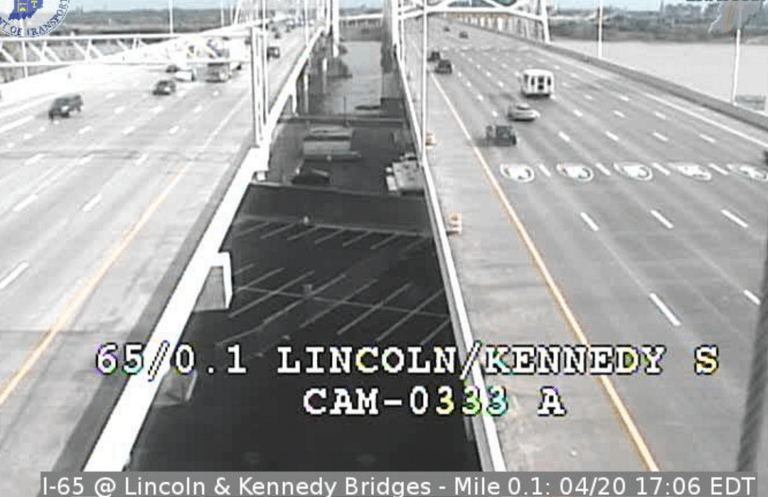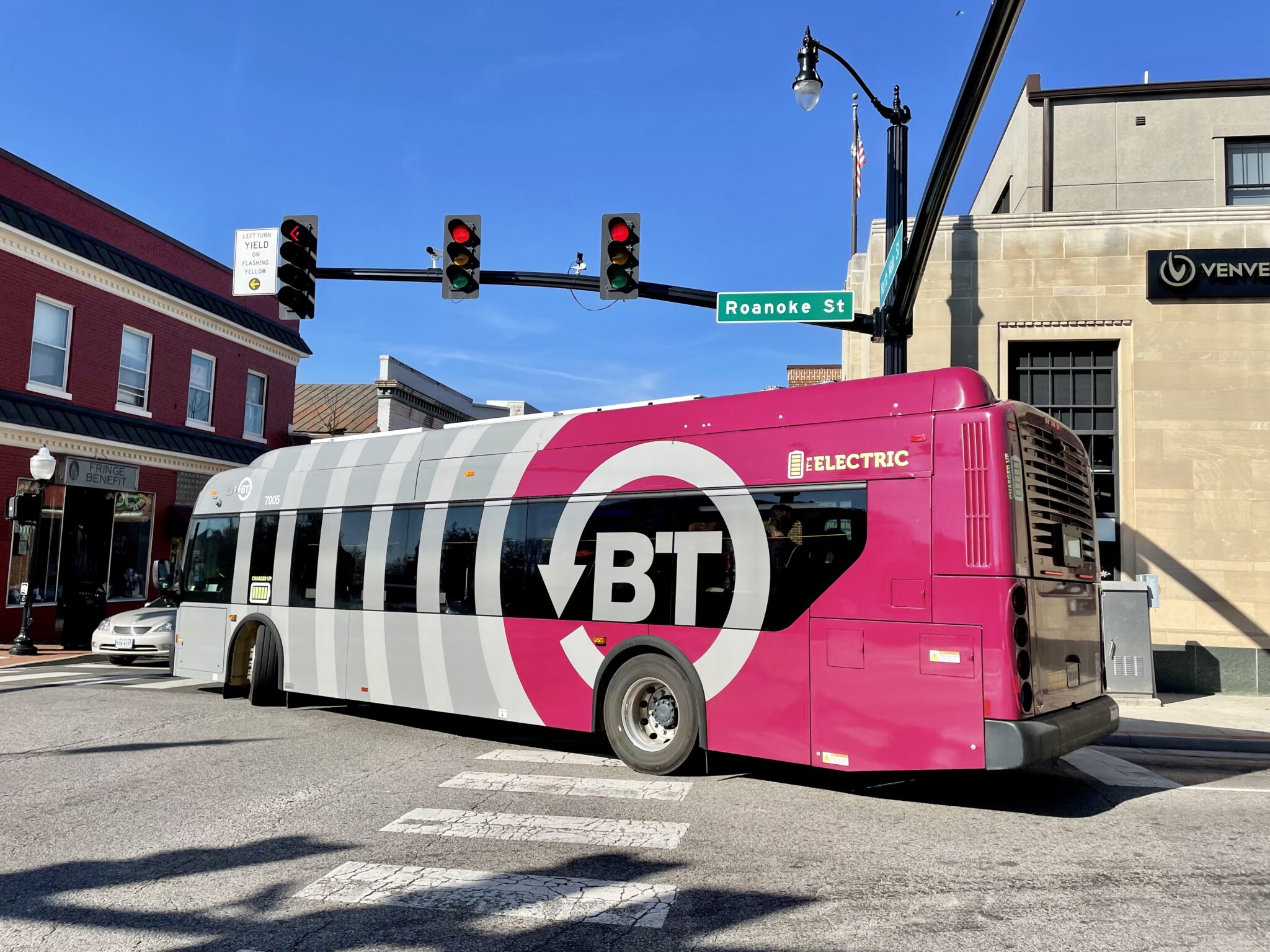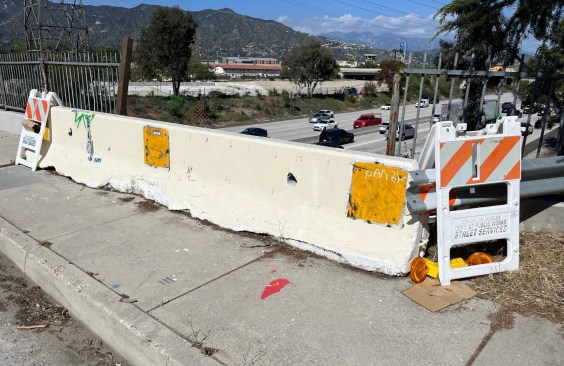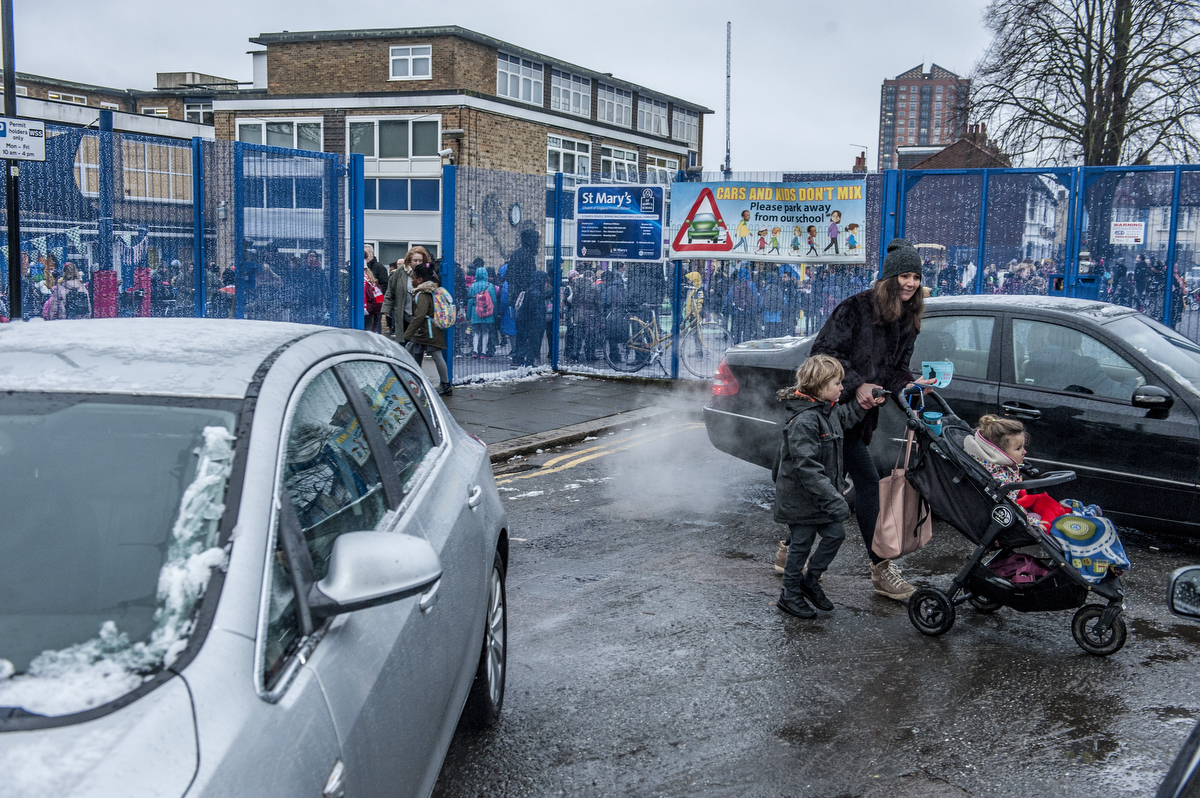If there's one policy that both parties -- or at least elements within both parties -- seem to agree on right now, it's that "infrastructure spending" is good. If not for the chaos of the Trump presidency, some sort of big infrastructure package would probably be taking shape in Washington right now.
But the assumption that any type of infrastructure spending will boost the economy and provide public benefits deserves more scrutiny.
David Levinson, a civil engineering professor at the University of Minnesota, recently wrote a piece for the Van Alen Institute about why we should approach infrastructure spending with caution. He shared an excerpt about on his blog, the Transportist. Here are a couple of big takeaways.
Job creation is no slam dunk
Setting job creation as an objective of infrastructure spending can also undermine the economic value of projects. At the time of the 2009 stimulus, unemployment was around 10%. With more workers looking for jobs, spending on infrastructure during a recession may arguably bring labor off the sidelines, while also taking advantage of the temporary wage drop due to the joblessness spike. In short, the state can get more infrastructure built for less, and put people to work who would have been otherwise unemployed. Today, however, unemployment is around 4.7%. Competition for labor is up, and with it construction wages. And without slack in the labor market, new projects are more likely to shift employed workers around, not add new jobs to the economy.
Spending on infrastructure can easily be wasted
Our current surface transportation system is not just in need of repair. In most parts of the U.S., our system connects everything worth connecting, and does so as cost-effectively as possible. There’s little need for new infrastructure, but great urgency to rehabilitate the infrastructure we already have.
Local and state governments are largely responsible for preserving existing infrastructure. They can use additional federal support. But we should be sure that any support is pushed toward maintenance, not new infrastructure which largely serves as a distraction. We all know that maintenance, repair, and reconstruction are not sexy. They do not result in ribbon cuttings with smiling politicians getting their pictures taken and posted in the local news. Yet on a per-dollar basis, fine-grained maintenance work employs more people than large-scale greenfield construction.
For economic impact, Levinson says the best approach is to target metro areas and focus on maintenance. But that's not where the Trump administration's transportation policies are pointing.





